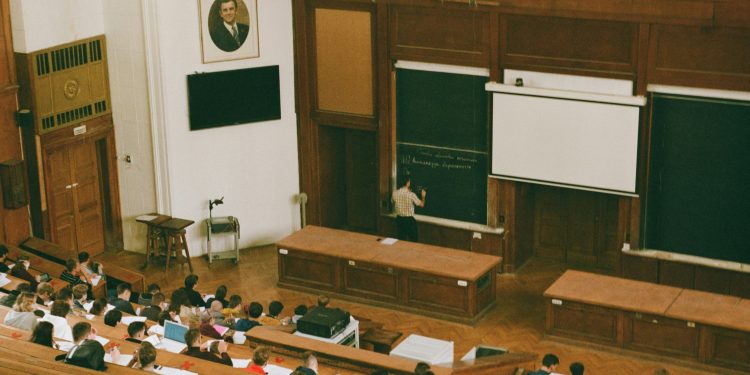The United States has reminded international students, especially Nigerians—that studying in America is not a vacation. On Monday, the US Mission in Nigeria posted a strong warning on its official X page. The message was clear: if you’re on a student visa, you must act like a student. That means you must attend your classes, complete your program, and always let your school know if anything changes. If not, you risk losing your visa. Worse still, you may not get another chance to go back.

The Simple Rules of a US Student Visa
A student visa is a legal pass. It allows you to stay in the U.S.—but only if you’re doing what you promised: studying. Once you start missing class or drop out without officially informing your school, you’re already violating the rules. The US doesn’t joke with these things. They can cancel your visa immediately. And it doesn’t stop there. If they cancel it, you may be banned from getting any future US visa, whether for studies, tourism, or even work.

Nigerian Students Abroad: The Real Struggles
This is not just a fancy policy. For many Nigerian students in the U.S., this warning hits home. We all know the pressure: you’re far from home, trying to keep up with school, and at the same time hustling with one or two jobs to survive. Some are working long hours in restaurants, doing delivery, cleaning homes—just to pay rent, buy books, and send money back home. Juggling all of that can lead to missed classes or even dropping out secretly just to work full time. But now, the US government is watching—and the consequences are real.
Why This Warning Matters
The truth is, many Nigerian students are already stressed. Between school, work, bills, and immigration fear, life abroad is not the “soft life” Instagram shows. Some take the risk of breaking their visa terms just to stay afloat. But this warning from the US Mission should be a wake-up call. The system is getting tighter. They are now monitoring students more closely. That small decision to skip classes or hide from your school can cost you everything—your degree, your visa, and your future.
What Should You Do?
If you’re a Nigerian student in the US—or planning to go—play by the rules. If you’re struggling with school or money, talk to your school officials. Let them know. Many universities have offices that help international students with both academic and personal support. Hiding will only make things worse. And don’t forget: once your visa is revoked, fixing it is harder than getting it the first time.
Final Word
This is not to scare anyone. It’s a reminder that the dream of studying abroad comes with responsibility. The US has opened its doors to many Nigerians, but they also expect order. If you’re there to study, study. Don’t let one bad decision destroy years of hard work. The hustle is real—but losing your visa is a price too high to pay.

















